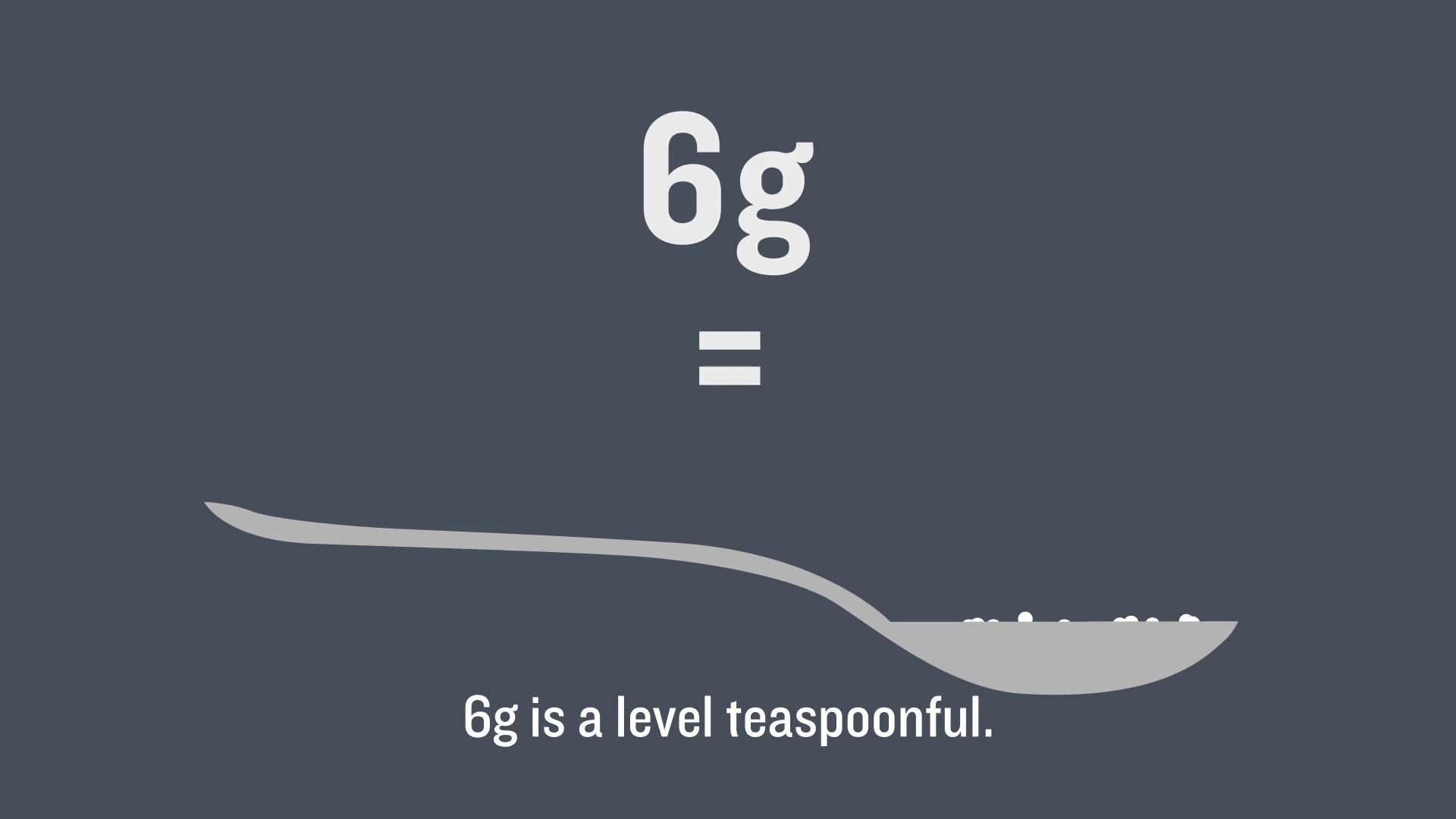Living With High Blood Pressure
- 0About this program
- 1Understanding blood pressure
- 2Understanding your diagnosis
- 3Blood pressure medication
- 4What causes high blood pressure?
- 5Just a pinch of salt
- 6Non-alcoholic drinks and your blood pressure
- 7Reducing alcohol and your blood pressure
- 8Being more physically active
- 9Weight loss and high blood pressure
- 10Eating well to lower your blood pressure
- 11Keeping up healthy changes
- 12Changes for life
- 13Being there for you in the long term
- 0About this program
- 1Understanding blood pressure
- 2Understanding your diagnosis
- 3Blood pressure medication
- 4What causes high blood pressure?
- 5Just a pinch of salt
- 6Non-alcoholic drinks and your blood pressure
- 7Reducing alcohol and your blood pressure
- 8Being more physically active
- 9Weight loss and high blood pressure
- 10Eating well to lower your blood pressure
- 11Keeping up healthy changes
- 12Changes for life
- 13Being there for you in the long term
Content on HealthUnlocked does not replace the relationship between you and doctors or other healthcare professionals nor the advice you receive from them.
Never delay seeking advice or dialling emergency services because of something that you have read on HealthUnlocked.
Just a pinch of salt
Why is too much salt bad for you?
Salt has been a part of our diet for years and it's eaten all around the world. But too much salt does have an impact on your body and cutting back will help contribute to healthier blood pressure levels.
How much salt is too much?
Eating too much salt is linked with higher blood pressure – it disrupts the balance in your body and makes your body hold on to the water inside you, putting pressure on your blood vessels.
Cutting back on salt can help you reduce water retention and improve your blood pressure.
Adults should eat no more than 6g of salt a day, and that includes salt that’s already in your food as well as the salt you put on your meals. Lots of foods have hidden salt, even ones that don’t taste salty.

Start keeping track of the foods you eat often and how much salt is in them.
7 salt slashing tips
- Don’t put salt on the table – get used to meals without extra salt
- Buy reduced-salt versions of store cupboard ingredients like stock cubes, soy sauce, and canned goods like baked beans.
- Pick packaged foods that are labeled as low-salt or low-sodium.
- Reduce the amount of takeaways you have. They are often high in salt, so only have them only as an occasional treat.
- If you’re eating out, ask for sauces and dressings to be served on the side, so you can use less of them.
- For seasoning, replace salt with herbs, spices and citrus juices. Experiment with different flavours.
- Reduce the amount of salt you eat gradually – you’ll be more likely to make the changes last.
The BHF guide to cutting down on salt
Download and keep this handy guide, bringing together all our salt shaking tips in one place.
Join the conversation on HealthUnlocked

To get the most out of your heart health journey, you'll need support. Our online community on HealthUnlocked brings patients, their loved-ones and healthcare experts all together online to share advice and encouragement. Join the conversation.
Content on HealthUnlocked does not replace the relationship between you and doctors or other healthcare professionals nor the advice you receive from them.
Never delay seeking advice or dialling emergency services because of something that you have read on HealthUnlocked.